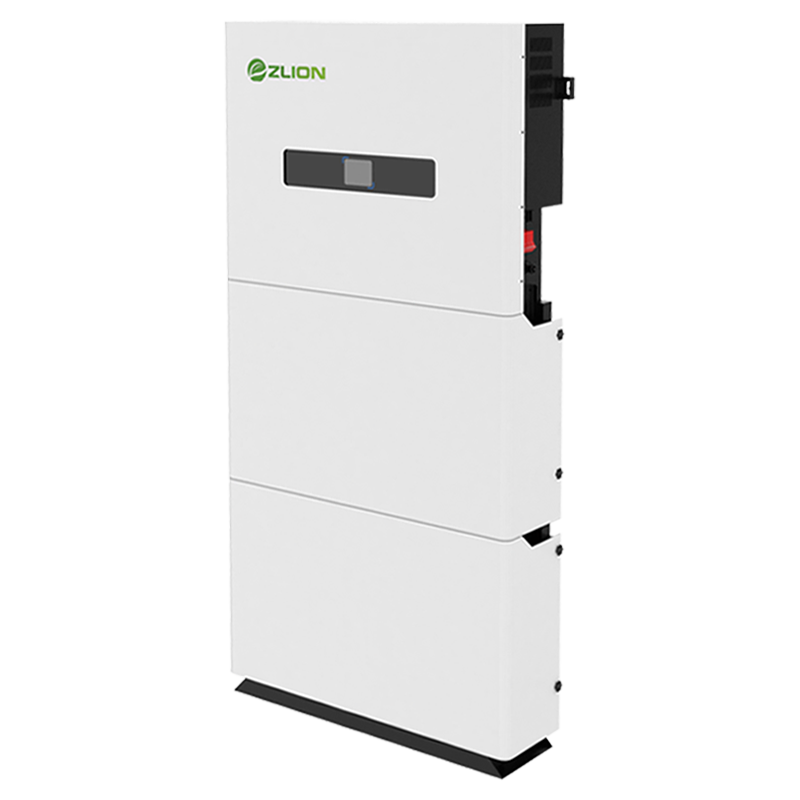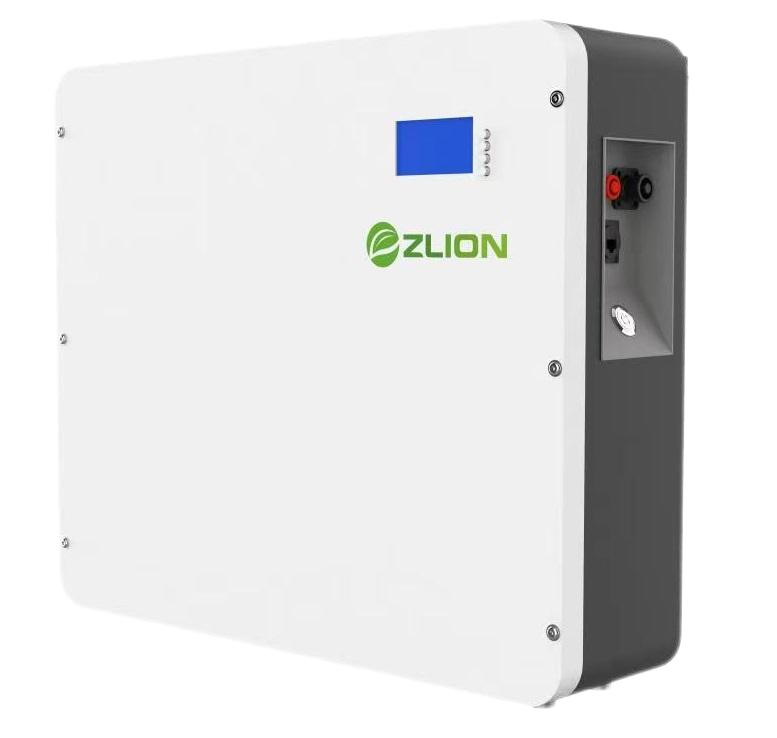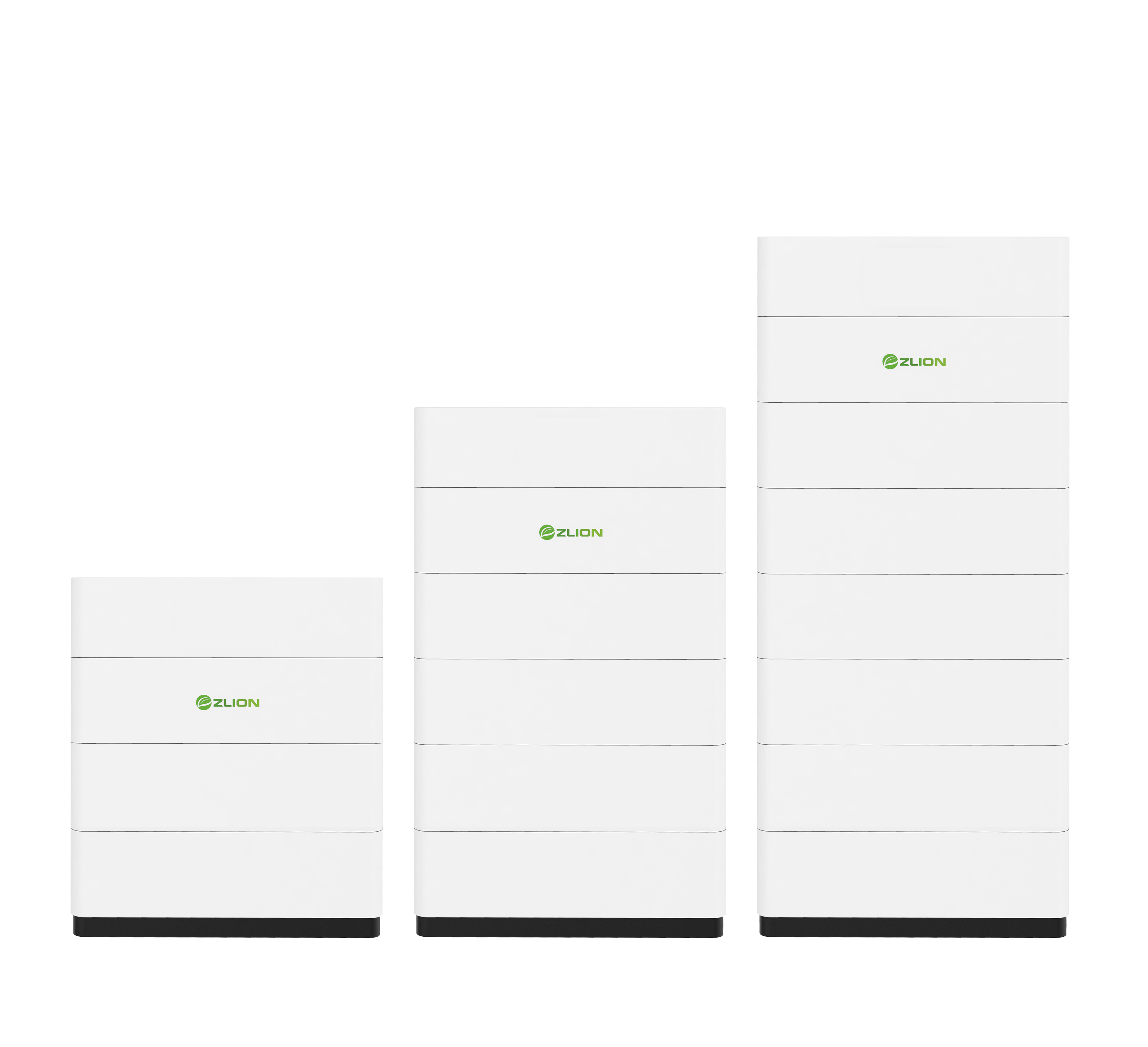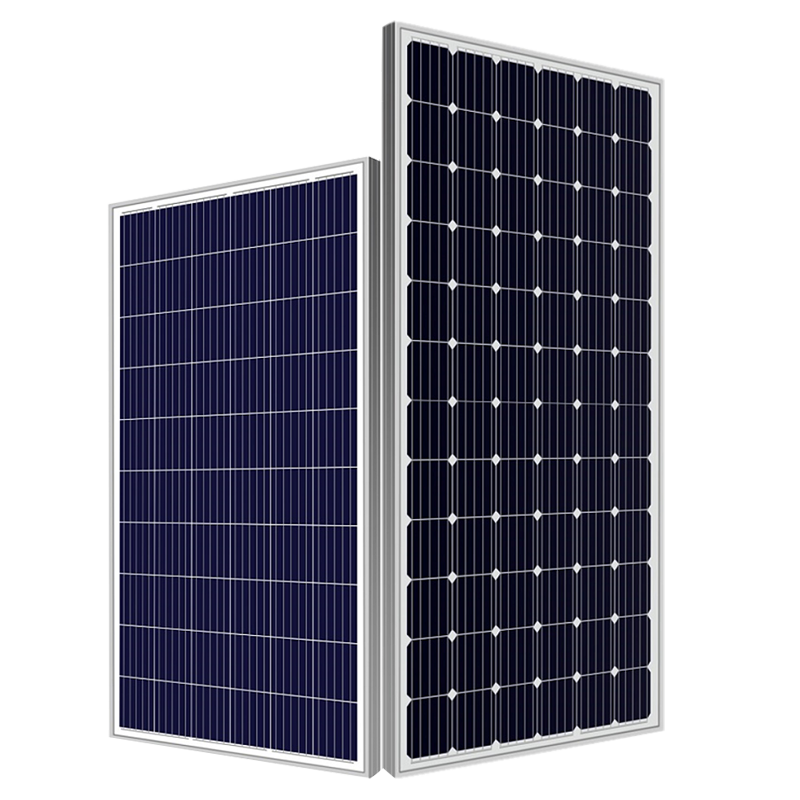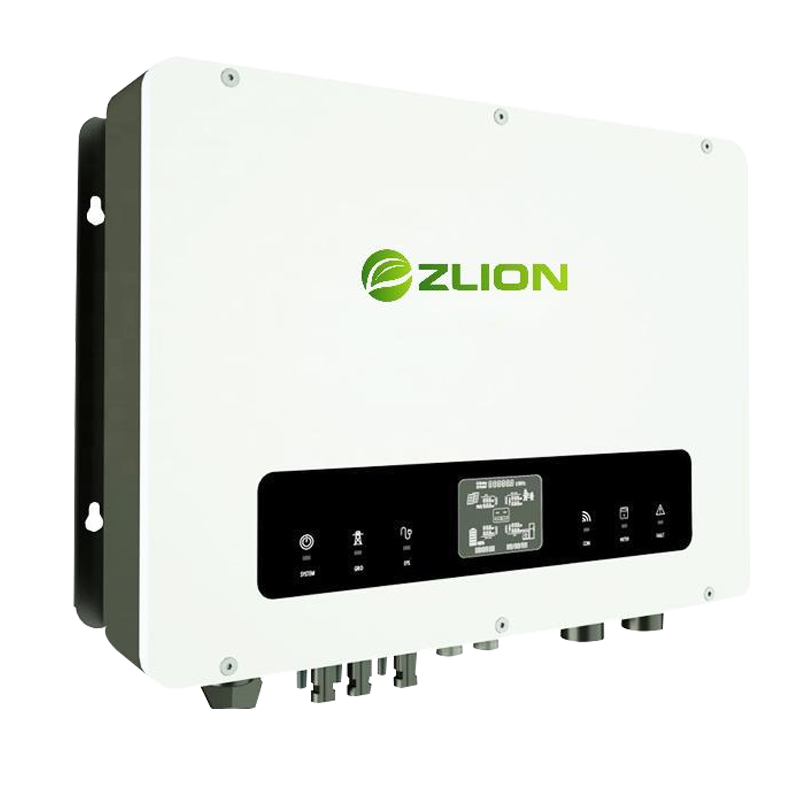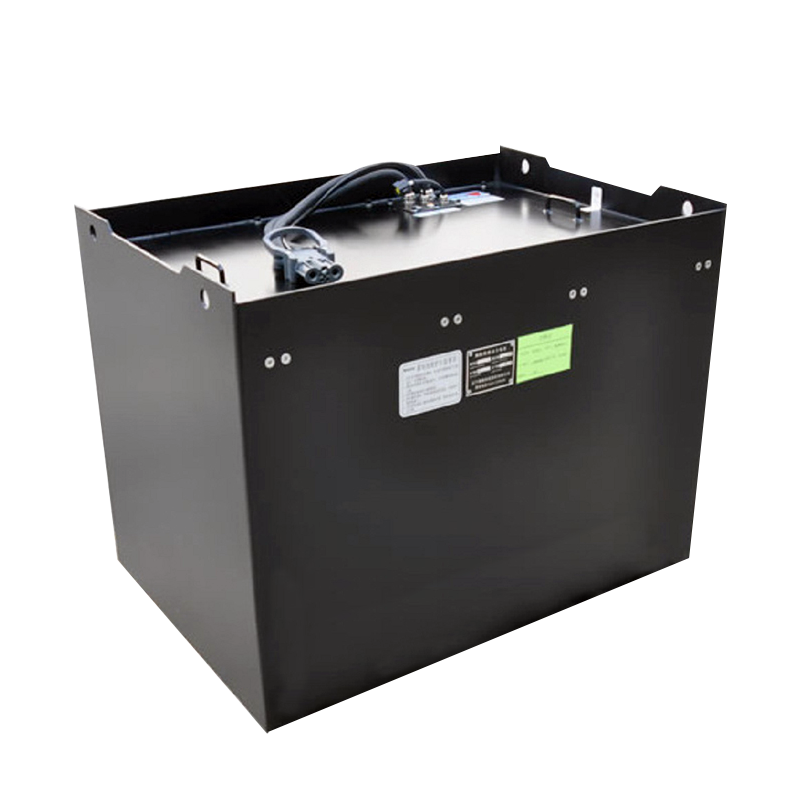A solar inverter is a device that converts direct current (DC) generated by solar panels into alternating current (AC) commonly used in homes and businesses. Although solar inverters can theoretically power most appliances, whether they can fully meet the needs of all appliances in practical applications depends on the following factors:
1. System capacity
•Inverter power: The maximum output power of the inverter determines how many appliances it can support at the same time. For example, a 3000 watt inverter may not be able to support the simultaneous operation of multiple high-power appliances (such as air conditioners, microwave ovens, washing machines, etc.).
• Battery capacity: Solar systems are usually equipped with energy storage batteries, and the capacity of the batteries determines how much energy the system can store. If the battery capacity is insufficient, even if the inverter power is sufficient, it may not be able to supply power for a long time.
2. Electrical power requirements
• Starting power: Some appliances (such as motor-driven devices) require much higher power at starting than at running time. Inverters need to be able to handle these instantaneous peak powers.
• Continuous power: Some appliances require continuous power supply for a long time, such as refrigerators, televisions, etc. Inverters and battery systems need to be able to consistently provide enough power.
3. Sunshine conditions
• Solar power generation: The power generation of a solar system is affected by the duration and intensity of sunlight. On cloudy days or in winter, solar power generation may decrease significantly, affecting the system's power supply capacity.
• Energy storage management: A good energy storage management system can optimize battery charging and discharging, ensuring that there is still enough backup power when solar power is insufficient.
4. System design
• Component matching: Components such as solar panels, inverters, batteries and controllers need to be properly matched to ensure efficient system operation.
•Backup power: To ensure power is available when solar power is low, many systems are equipped with backup power, such as mains or diesel generators.
5. Usage habits
• Power consumption planning: A reasonable power consumption plan can maximize the benefits of a solar system. For example, try to use high-power appliances during the day and low-power appliances at night.
•Energy saving measures: The adoption of energy-efficient appliances and equipment can reduce overall power demand and extend battery life.

